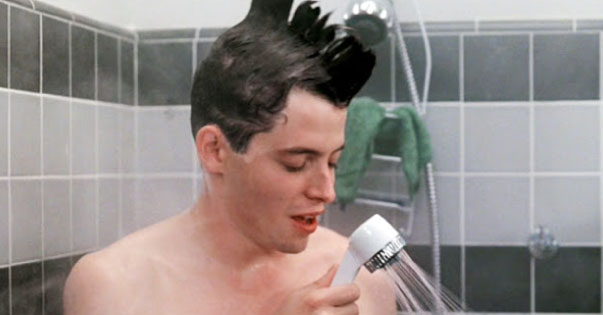Ever since their creation, video games have gotten a bad rap. The media has accused them of everything from not being art to causing real-life violence. It’s amazing to see the amount of controversy caused by an industry that has surpassed even movies in terms of profits, becoming America’s most popular form of entertainment.
Recently, in the wake of more widespread awareness to political correctness, video games have been accused of forming sexist behaviors in their players. The basis for these claims comes from the stereotypical portrayal of women in video games. These animated women typically are constituted by their flat characterizations and exaggerated features, most notably their breasts and behinds, both of which are usually enlarged to a size much greater than what is considered realistic. Examples of these types of women are all over the medium, from Lara Croft of the Tomb Raider franchise to Cortana of the Halo franchise, pictured below.

Advocates of the theory that video games are conducive to sexist behaviors in their players, like the researchers who performed this study, believe that games with these types of female characters reinforce a possible lack of empathy in their players, in that they do not empathize with the female stereotypes in the games, which then translates to a lack of empathy for women in real life.
This study was conducted by using 154 Italian high school students, who signed themselves up voluntarily. They were randomly split in to 3 separate groups, one of which was told to play Grand Theft Auto, another played Half-Life, while the third played either a pinball game or a puzzle game, each for 25 minutes. The idea behind choosing these games was that GTA was both violent and sexual in nature, while Half-Life was violent but not sexual, and the third group’s games were neither violent nor sexual, which meant that group was essentially the control. The participants were not told ahead of time what the researchers were testing for, so it was a blind trial.
The null hypothesis for this study would be that playing violent and sexual video games do not cause a lack of empathy towards women, while the alternative hypothesis would be that playing violent and sexual video games does in fact cause a lack of empathy towards women.
After playing these games, the researchers asked participants several questions about what they had just done, as well as about masculinity and attitudes towards women. They were given statements that they were supposed to rank on a scale of 1 to 7 how much they agreed with them.

They were also shown this picture and were asked to rate on the same scale how much they believed the woman depicted was suffering. When the results came back, it was found that the people who had played Grand Theft Auto had much less empathy for both the women in the games that they played, and also the women pictured based on an average of their scores from 1-7 for each question. Based on the results the researchers involved in this study rejected the null hypothesis in favor of the alternative hypothesis.
Another study was recently conducted in which participants were found over a phone survey of 50,000+ people who were at least 14 years old. The survey asked them about how often they played video games. Of those surveyed, 12,587 said they played frequently. From those 12,000+ respondents, 4,500 were chosen randomly to participate in the first wave of the study, and an additional 902 were chosen to participate in the third wave of the study, which was the only other wave to ask questions about the roles of each gender.
This study would seemingly have a similar null and alternative hypothesis to the previous one. Although whereas the first study was measuring participants empathy towards women, this one was measuring the more nebulous “sexist attitudes” of the participants. With that in mind, this study’s null hypothesis would be that frequently playing video games does not cause players to develop sexist attitudes, while the alternative hypothesis would be that it does.

Like the previous study, participants were asked to rate how much they agreed with statements on gender, this time on a scale from 1-5. The results of this study seems to indicate that the frequent playing of video games, does not cause player to have sexist attitudes. This was consistent in both males and females.
The two studies, while measuring slightly different things, seem to support diametrically opposing conclusions. Why could this be? Well, for one thing, the results of either study could be due to confounding variables such as the attitudes of the participant’s friends and family prior to their participation. For another reason, it is important to look at the design of the studies.
The first study, while it has a smaller sample size, chose to go about it’s procedure in a more experimental manner, having participants all play the same games for the same amount of time, rather than just asking how often they played video games. Their questioning seemed to be more in depth and more varied as well, and their research question more focused.
The second study has a much larger sample size than the first one, to its credit, but it seems far more limited in its reach. It is an observational study, which gives researchers a little bit less control, and it also measures a less specific problem, which could lead to some inaccuracy. Additionally, as the surveys were conducted over the phone, the study admits to abbreviating their scales to make answering the questions easier. So while both studies have some flaws, I believe that the second study to be better conducted.
Keep in mind though, that the second study was not necessarily measuring if the games made the players more sexist, but rather if they lessened their empathy towards women. Both studies could use some meta-analysis to check for problems such as the Texas Sharpshooter problem, but for now, it would seem that video games are at least partially guilty of one of the many charges leveled against them.
Picture 1 Source
Picture 2 Source
Picture 3 Source
Accusation of being not art source
Accusation of Violence Source
Study One Source
Study Two Source










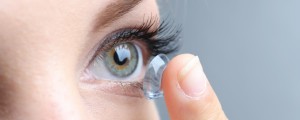











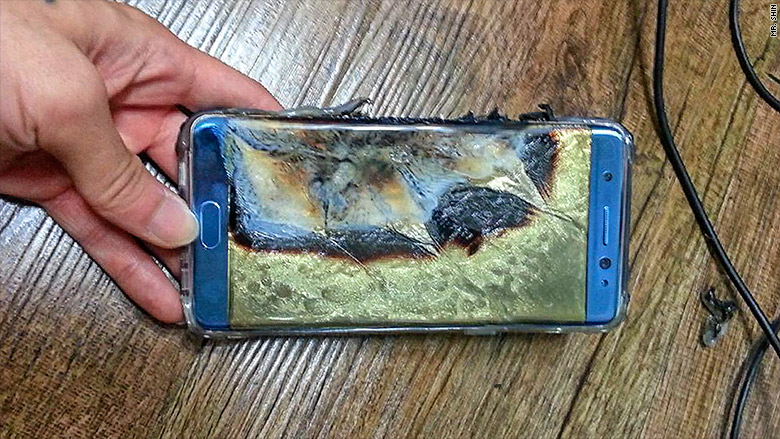

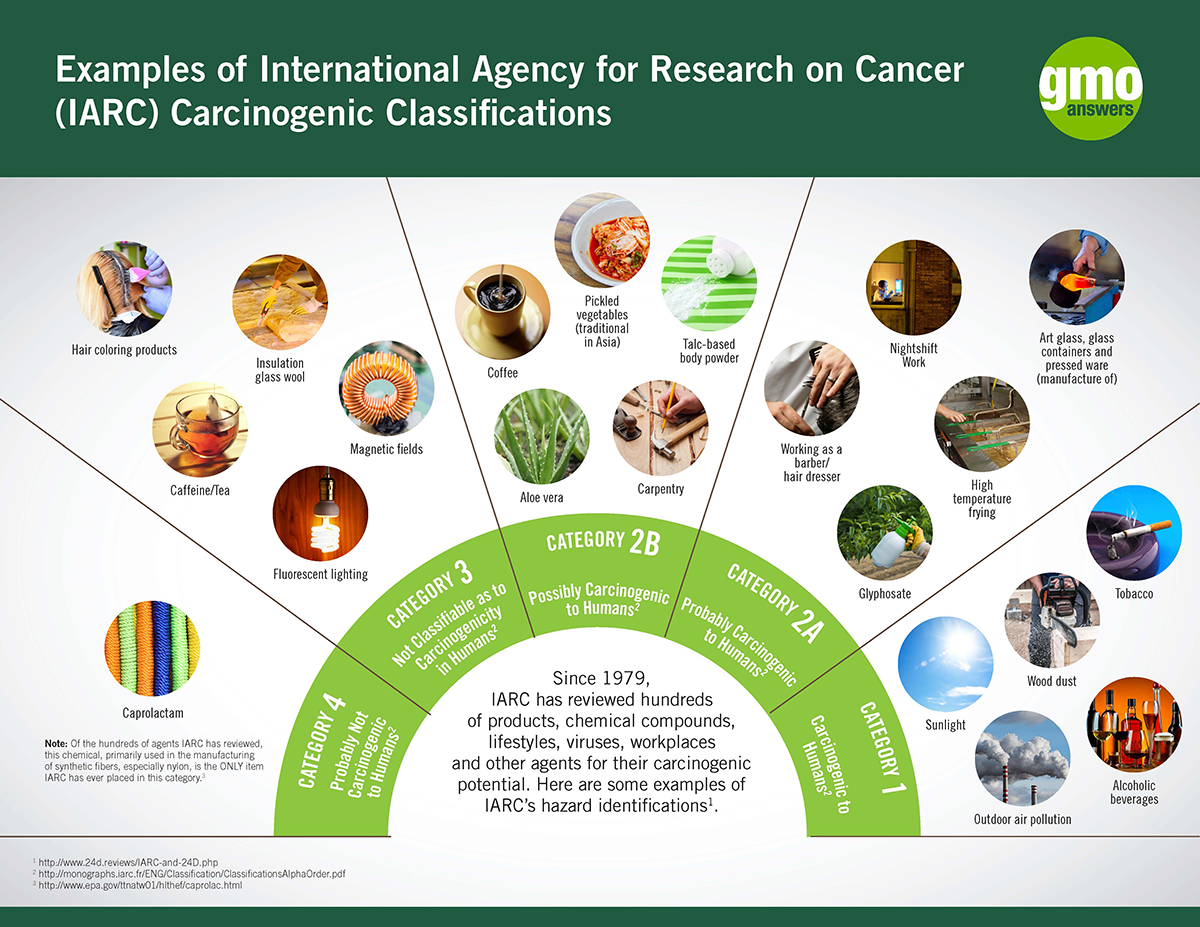

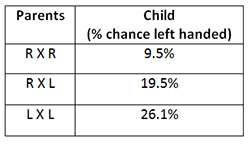




 that allows us to regulate the impulse to better ourselves in the present at a cost to ourselves in the future. This function is tied to the decisions we make in the present, if we are not able to see how decisions will effect ourselves in the future it is unlikely we will make rational decisions.
that allows us to regulate the impulse to better ourselves in the present at a cost to ourselves in the future. This function is tied to the decisions we make in the present, if we are not able to see how decisions will effect ourselves in the future it is unlikely we will make rational decisions.









